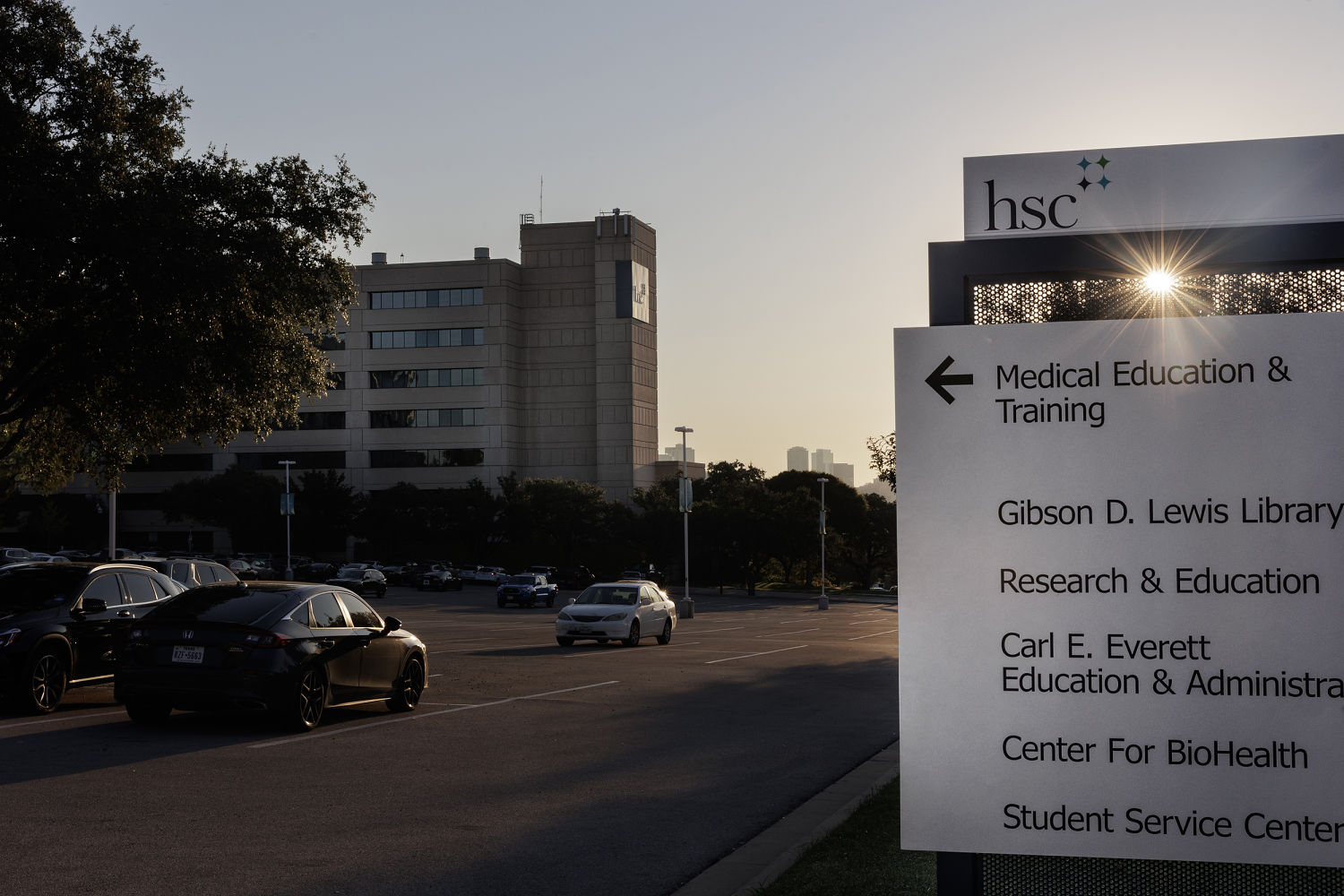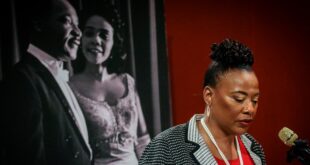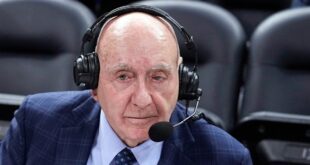

What Relievant did not know at the time, according to emails obtained by NBC News through a records request to the university, was that at least 25 of the bodies the company used for these trainings were unclaimed. The Health Science Center received the bodies from two local counties.
As NBC News began to ask questions, Sachariason suggested Boston Scientific publicly say that it was reviewing its work with the Health Science Center, and Kevin Barry, a company legal director, advised leaders to avoid the appearance of “turning a blind eye to UNT’s practices,” according to a lengthy email chain that was forwarded to the center.
The company should take “a definitive ethical stance,” he wrote, noting that investors could be troubled by the news.
Sachariason ultimately told NBC News that Boston Scientific and Relievant no longer worked with the Health Science Center.
The center permanently closed its BioSkills laboratory and ended its use of unclaimed bodies in September, after documents uncovered through reporters’ information requests revealed “deficiencies in leadership, standards of respect and care, and professionalism,” the center’s president said.
This week, NBC News reported that one of the bodies Relievant used belonged to Aurimar Villegas, a 21-year-old Venezuelan migrant who was killed in a road rage shooting and whose family was desperately, and unsuccessfully, trying to bring her body home.
In response to follow-up questions, Sachariason sent a statement saying that the center’s use of unclaimed bodies without consent “was not in line with our understanding of the center’s willed body program.” Boston Scientific updated its policies to require consent from the donor or their next of kin, she said.
NBC News surveyed the 15 largest medical device makers and found that just two others — Johnson & Johnson and Medtronic — said they have policies against using unclaimed bodies for research or training. Fresenius Medical Care said it did not use bodies. The rest said they did not have a policy, did not respond or did not give a clear answer to NBC News’ questions.
Some companies and medical schools have switched from using bodies to alternatives like augmented and virtual reality, highly detailed interactive digital tables and lifelike synthetic models. These options have a number of advantages: They are reusable; they lack chemical preservatives that can be dangerous for students; and they come free of ethical issues.
SynDaver is a company that sells human replicas made of silicone or synthetic tissue for up to $200,000 each. Calisse Revilla, the company’s sales director, said one goal is to reduce the demand for corpses and disrupt “bad actors” who do not treat human remains with respect. “That is something that we are trying to combat,” she said.
 Latest World Breaking News Online News Portal
Latest World Breaking News Online News Portal






